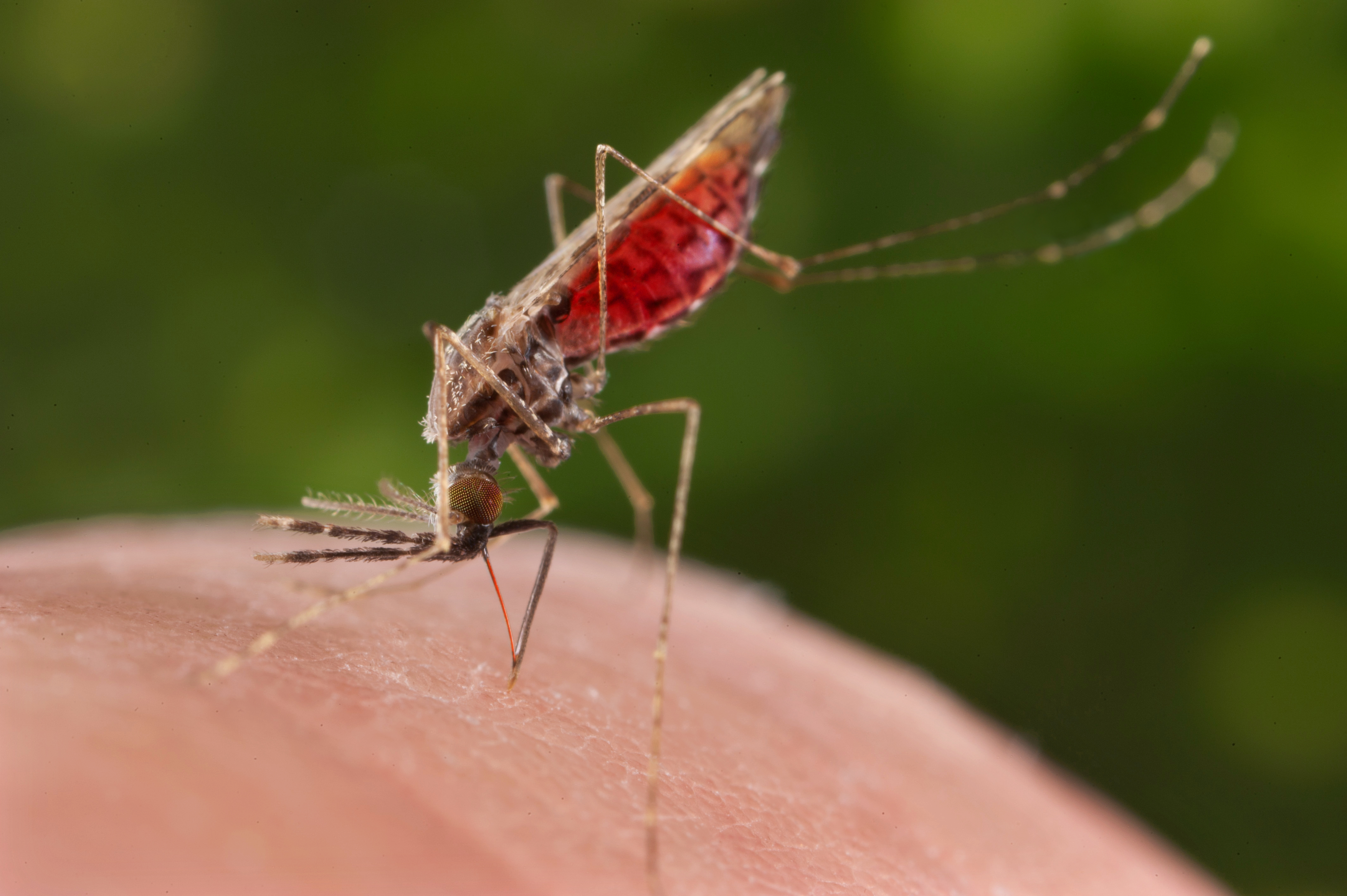Technical assistance to develop and submit the funding application to Gavi, the Vaccine alliance, for the malaria vaccine programme
In October 2021, the World Health Organization (WHO) recommended the expanded use of the first malaria vaccine, RTS,S/AS01 in children living in areas with moderate to high malaria transmission. Following this recommendation, the Mali Ministry of Health began working with key immunization partners and stakeholders to introduce the malaria vaccine in the country. In December 2023, a second malaria vaccine, R21/Matrix-M (R21), also received WHO prequalification.
Based on the supply of vaccines and the expected impact of the intervention given the epidemiology of malaria in the country, Mali plans to introduce the R21 vaccine. This introduction will be done according to a phased approach, starting with geographic areas where the need is greatest, as determined by high malaria incidence rates and high all-cause under-5 mortality. The vaccination strategy combines a primary vaccination (first 3 doses) in year 1, depending on age: 5, 6 and 7 months for doses 1, 2, and 3, targeting more broadly 5-36 months in the first years of introduction; then a seasonal vaccination for doses 4 and 5, in June of years 2 and 3, before the season of high transmission.
EpiLinks has put its scientific and technical skills and its knowledge of the operational challenges of vaccination against malaria at the service of the Expanded Vaccination Program (EPI), the National Malaria Control Program (PNLP) and the national and international partners involved, to develop a new and original seasonal introduction strategy, and to propose a quality funding application to Gavi.

